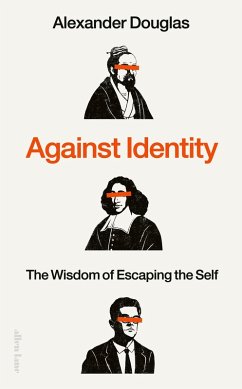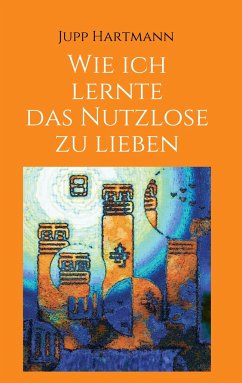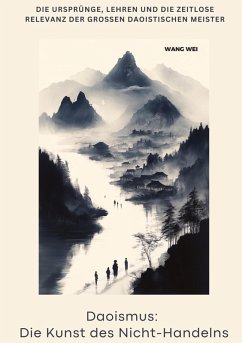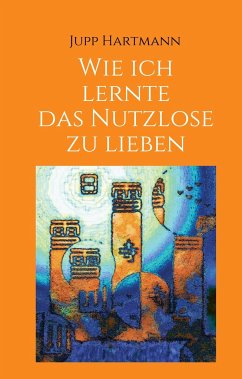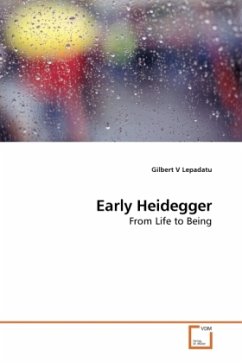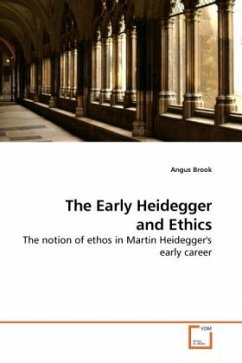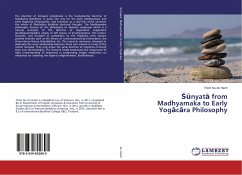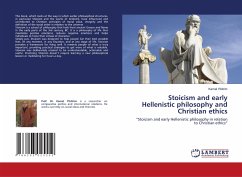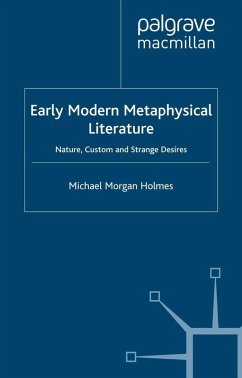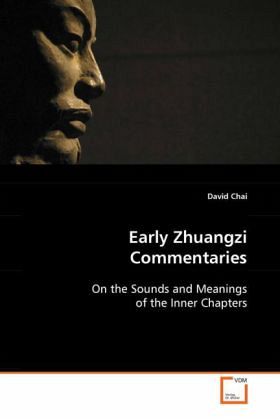
Early Zhuangzi Commentaries
On the Sounds and Meanings of the Inner Chapters
Versandkostenfrei!
Versandfertig in 6-10 Tagen
52,99 €
inkl. MwSt.

PAYBACK Punkte
26 °P sammeln!
The Zhuangzi is a text needing no introduction. Asone of the principle works of Chinese Daoistphilosophy, the Zhuangzi may be a well known titlebut few have grasped its true meaning. Although thecommentary by Guo Xiang does so extremely well, it istaken for granted as being the only one worthy ofin-depth discussion. This book forgoes the commentaryof Guo Xiang, offering a phonetic and hermeneuticreading of the other five major commentaries in useprior to the Tang dynasty, many of which survive infragmentary form as glosses to the Zhuangzi Yinyi(Sounds and Meanings of the Zhuangzi) by Lu Deming...
The Zhuangzi is a text needing no introduction. As
one of the principle works of Chinese Daoist
philosophy, the Zhuangzi may be a well known title
but few have grasped its true meaning. Although the
commentary by Guo Xiang does so extremely well, it is
taken for granted as being the only one worthy of
in-depth discussion. This book forgoes the commentary
of Guo Xiang, offering a phonetic and hermeneutic
reading of the other five major commentaries in use
prior to the Tang dynasty, many of which survive in
fragmentary form as glosses to the Zhuangzi Yinyi
(Sounds and Meanings of the Zhuangzi) by Lu Deming.
While they may not possess the sophistication of Guo
Xiang, they nevertheless provide us with an important
investigative tool when it comes to the sounds and
meanings of the Zhuangzi. Indeed, the various
phonetic and hermeneutic interpretations of these
early commentators can only further our understanding
of this linguistically beautiful but philosophically
challenging text while freeing us from the weight of
commentarial authority traditionally assigned to Guo
Xiang.
one of the principle works of Chinese Daoist
philosophy, the Zhuangzi may be a well known title
but few have grasped its true meaning. Although the
commentary by Guo Xiang does so extremely well, it is
taken for granted as being the only one worthy of
in-depth discussion. This book forgoes the commentary
of Guo Xiang, offering a phonetic and hermeneutic
reading of the other five major commentaries in use
prior to the Tang dynasty, many of which survive in
fragmentary form as glosses to the Zhuangzi Yinyi
(Sounds and Meanings of the Zhuangzi) by Lu Deming.
While they may not possess the sophistication of Guo
Xiang, they nevertheless provide us with an important
investigative tool when it comes to the sounds and
meanings of the Zhuangzi. Indeed, the various
phonetic and hermeneutic interpretations of these
early commentators can only further our understanding
of this linguistically beautiful but philosophically
challenging text while freeing us from the weight of
commentarial authority traditionally assigned to Guo
Xiang.



